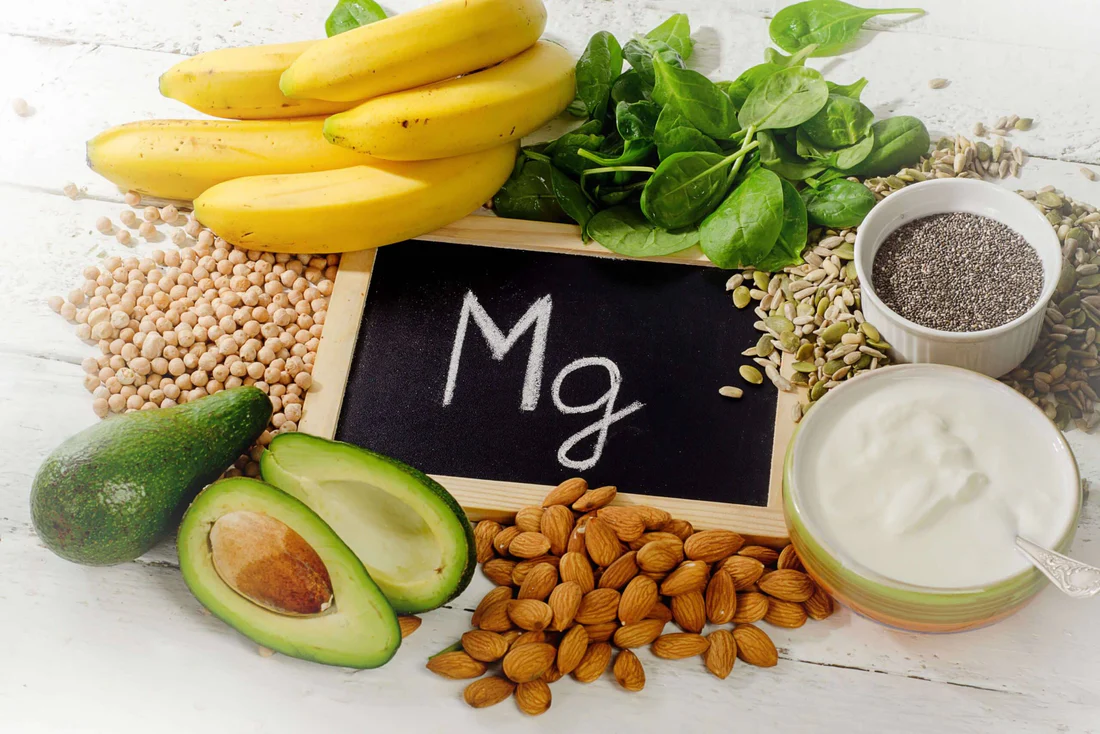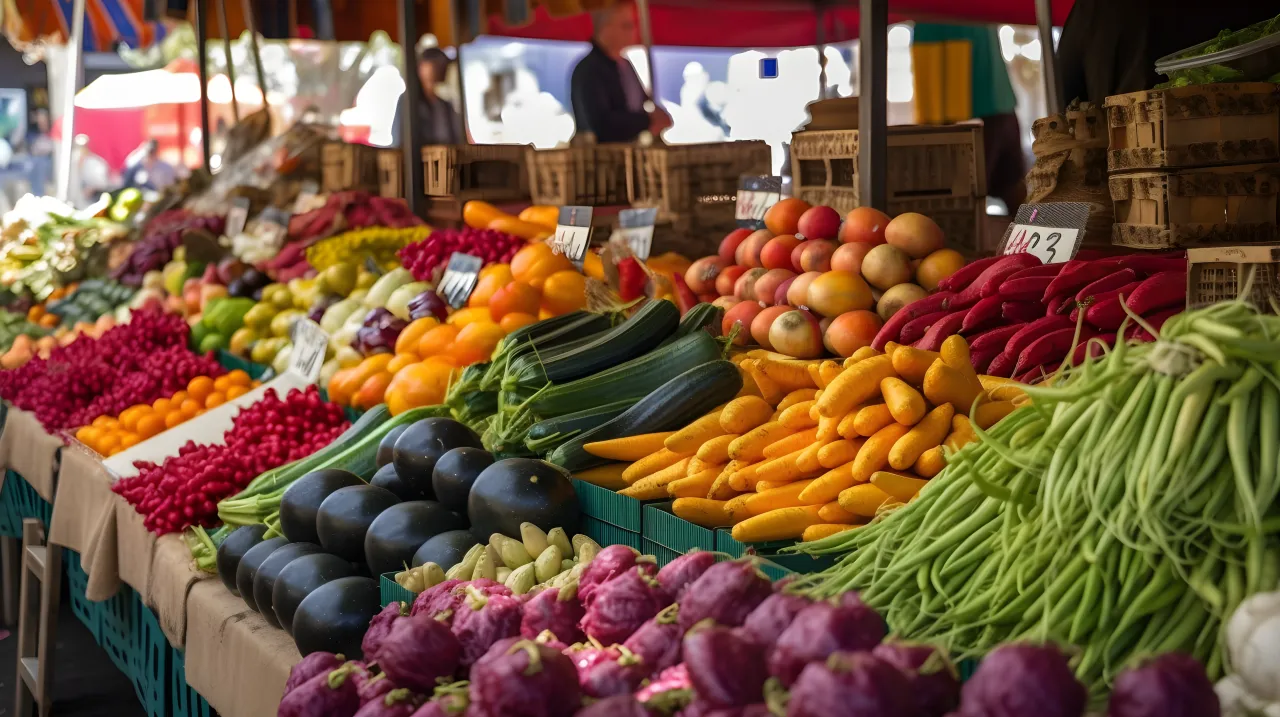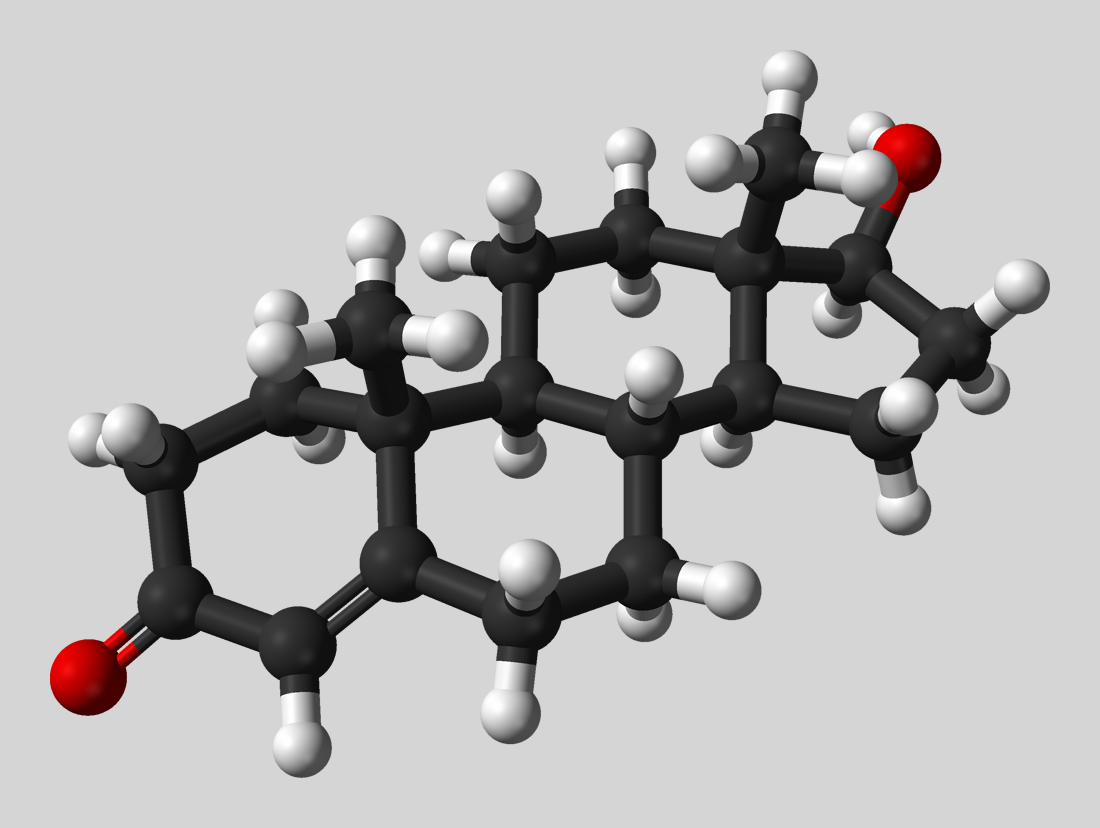Magnesium is a vital mineral that plays a major role in many bodily functions, including muscle and nerve health, blood sugar control and blood pressure regulation. Unfortunately, many people don't get enough magnesium in their diet (310-320 mg/day for women, 400-420 mg/day for men).
By incorporating delicious and magnesium-rich foods into your diet, you can ensure your body gets the daily recommended dose of this powerful mineral. What are some of the real-life benefits you might experience? Here’s how sufficient magnesium intake can positively impact your well-being:
- Improved Sleep: Magnesium plays a role in regulating neurotransmitters that influence sleep. Having enough magnesium may help you fall asleep faster and experience better quality sleep.
- Reduced Muscle Cramps and Pain: Magnesium contributes to muscle relaxation and function. Sufficient levels may help reduce muscle cramps and soreness, especially after exercise.
- Increased Energy Levels: Magnesium is involved in energy production at the cellular level. While not a direct energy source, it helps enzymes convert food into usable energy, potentially leading to increased energy levels.
- Improved Mood: Magnesium deficiency has been linked to symptoms of depression and anxiety. Maintaining healthy magnesium levels may contribute to a more balanced mood.
- Reduced Headaches: Migraines and headaches can be triggered by magnesium deficiency. Studies suggest sufficient magnesium intake may help reduce the frequency and severity of headaches.
If you’re looking to increase your magnesium intake, here’s a guide to incorporating delicious and nutritious foods packed with this essential mineral.
- Dark, leafy greens like kale, spinach, collard greens, and Swiss chard are all overflowing with magnesium. One cup of cooked spinach can provide over 30% of your daily recommended value.
- Nuts and seeds are nature’s magnesium powerhouses – almonds, cashews, pumpkin seeds, and chia seeds are all excellent sources. A handful of almonds offers around 20% of your daily needs.
- Whole grains like brown rice, quinoa, and oats are fantastic sources of magnesium, along with fiber and other B vitamins. One cup of cooked quinoa can provide nearly 20% of your daily magnesium requirement.
- Don’t underestimate the power of legumes! Beans like black beans, chickpeas, and lentils are packed with magnesium and protein.
- Beyond the usual suspects, other foods like dark chocolate (at least 60% cocoa), avocado, and edamame can also contribute to your magnesium intake.
Tips For Maximizing Magnesium Absorption:
- Pair magnesium-rich foods with foods rich in vitamin C or consume with Psirenity Health daily Nutraceuticals, which can aid in absorption.
- Limit processed foods, sugary drinks, and excessive alcohol intake, as these can hinder magnesium absorption.
As always, consulting a doctor or registered dietitian is recommended before making significant dietary changes, especially if you have underlying health conditions.






